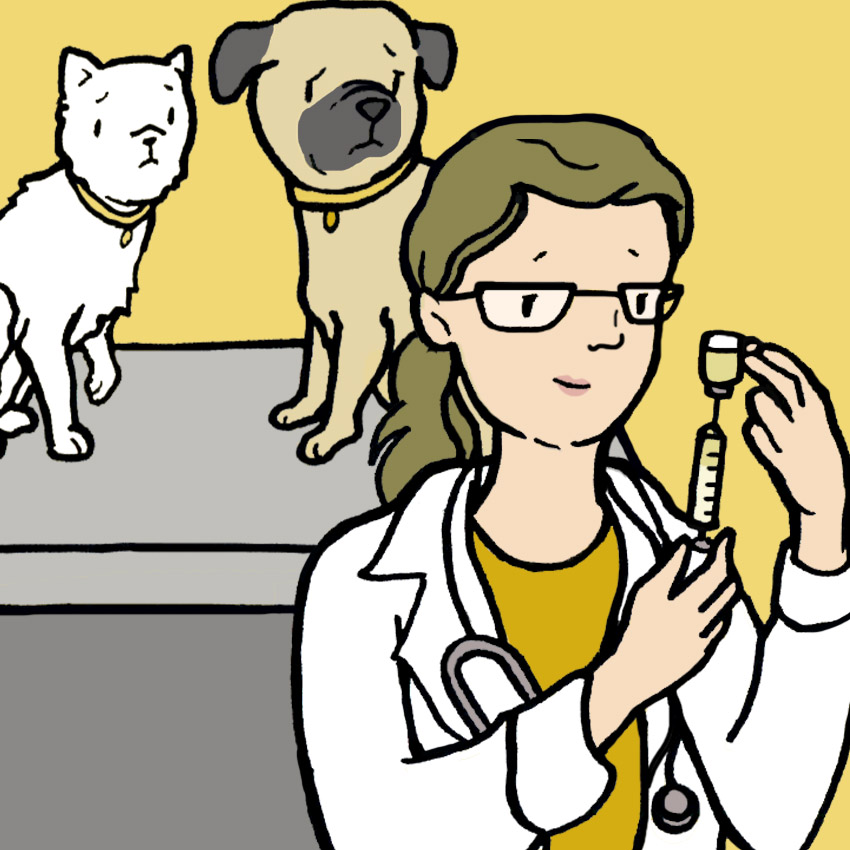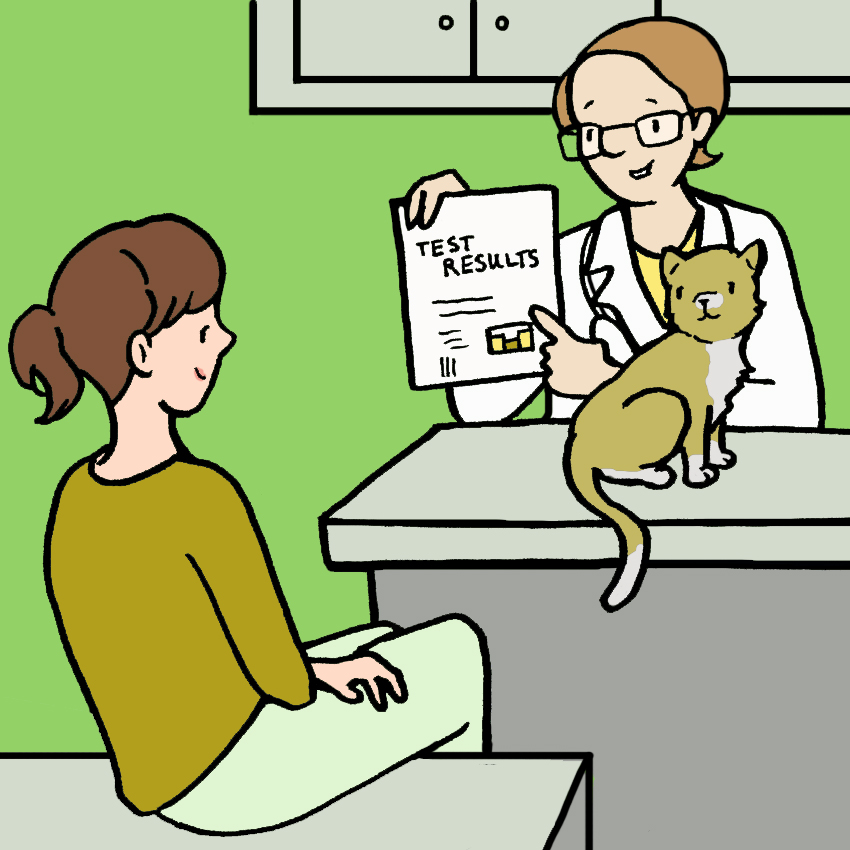For many pet owners, an annual trip to the vet for vaccinations has become quite routine. And with so many preventable dog dangers, why not be safe rather than sorry?
Well, new studies indicate that individual vaccinations may last for much longer than a year — some even as long as your pet's whole lifetime!
According to NBC News, "Veterinarians have suspected for years that annual vaccinations for cats and dogs aren't necessary… Now, with new research showing that immunity may last longer than once thought, veterinary experts say it's safer to decrease the frequency of most shots that typically have been given every year."
So how are we supposed to know how often to vaccinate, and is it really that big of a deal to do it more frequently?
Scroll through below for an incredible look at what veterinary experts are saying about your pet's vaccinations, and to see the surprising negative side effects that could come from vaccinating too often!
[H/T: NBC News]
What Vaccinations Should My Pet Receive?

There are a number of vaccines that your pet absolutely should get, and these are known as core vaccines.
According to the ASPCA, "Core vaccines are considered vital to all pets based on risk of exposure, severity of disease or transmissibility to humans."
For dogs, these vaccines are for "parvovirus, distemper, canine hepatitis, and rabies."
For cats, they are for "feline distemper, feline calicivirus, feline herpesvirues…and rabies."
These vaccinations are important and, in some cases, legally required.
What Are The Potential Side Effects?

So when it comes to vaccines, what is the big deal about getting them all the time? Well, there is the potential for dangerous side effects.
According to NBC News, "Side effects from vaccinations range from mild itching and swelling to anaphylactic shock leading to death."
There is even the possibility of certain cancers or immune disorders.
So how often is enough to protect them without putting them at unnecessary risk?
Vaccines Can Last Way Longer Than A Year

Studies are now finding that many vaccines are providing immunity for way longer than previously thought, from several years up to an entire lifetime.
Veterinarian Jean Dodds tells NBC News, "We know that for [canine] distemper and parvo, for example, the immunity lasts a minimum of five years, probably seven to nine years, and for some individuals for a lifetime."
So while you should speak with your vet about an individualized plan for your pet, how often should you really be vaccinating?
Practice The "Rule Of Three"

While many of the studies show that vaccines should last way longer, the "rule of three" is a safe way to ensure your pet is getting what he or she needs.
Dodds recommends going in for vaccines every three years.
And to ensure that the immune system is still staying strong against rabies and other diseases, you can also give your pet a test…
Test With Titers

NBC News writes, "Titers are tests that measure the level of antibodies in the blood, which would indicate that immunity still exists."
Anyone concerned about side effects or about vaccinating too often can ask their vet for this simple test to see if your pet needs another shot yet.
Veterinary experts say that these tests shouldn't be costing you more than $50.
Can My Pet Skip The Annual Exam?

So once you've spoken to your vet and figured out a three-year vaccination schedule that works for your pet, does that mean you can skip the annual pet exam? Absolutely not!
An annual exam is vital to your pet's health. There are many small, subtle changes that you might not notice that your vet can pick up on.
There are also plenty of diseases that can go entirely undetected without a full exam.
Enjoy A Long And Happy Life With Your Pet

So with a few simple steps — remembering the annual check-up with your vet and practicing the "rule of three" for vaccinations — your pup or feline will be on the right path to leading a long and happy life.
As always, if you ever have questions about vaccinations or pet health, speak with a veterinary expert and get a second opinion if necessary!
Please be sure to SHARE this vital pet health information with friends and family!




